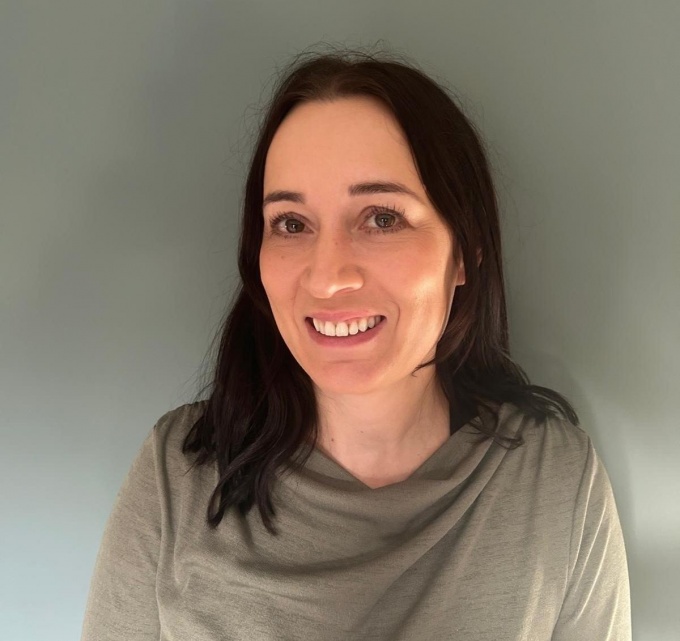The Need
Greater Horseshoe is an independent special school based in Heathfield, Devon, which opened in September 2018. Run by Enhanced Learning Services it has 21 pupils aged from eight to 19-years-old, many of whom have an Education Health Care Plan in place with a variety of diagnoses including learning difficulties, autism and ADHD. ELS prides itself on helping its learners to overcome past traumas and limitations and wanted to open the school with an effective mechanism in place to help its pupils manage this. They chose the Thrive Approach after hearing how it had worked in other settings. The school now has three Licensed Practitioners, with a fourth about to start training. The school is shortly launching Family Thrive sessions for parents and carers so that they can use the principles of the Thrive Approach at home.
The Outcome
Teacher Laura Griffin had used Thrive in previous schools and is a Licensed Practitioner. When she started work at the new school, she believed the Thrive Approach would be invaluable to measure pupils’ progress and help to draw up action plans to support their development through the monitoring and evaluation functions of Thrive-Online.
"Thrive is key to the life of the school. It underpins all lessons and strategies and helps us to understand the needs of the children,” she said. “It’s also a good way of communicating with parents and with the students themselves. It’s exciting for an eight-year-old to understand their brain and what’s going on for them emotionally. It gives them confidence, encouragement and the ability to make a difference for themselves."
The school has made a conscious decision to embed Thrive across the whole setting and across the whole of the school day. Staff start each day with a morning briefing where they reflect on the previous day and the day ahead before one of the three daily lessons starts. Each lesson is planned with the help of a ‘chunking sheet’ setting out targets and strategies for learners. During lessons, pupils can take breaks to move around and have time out, if needed, to regulate themselves or to seek support or encouragement from staff. This could involve doing something physical like having a go on the swings or it could mean time spent in the Thrive room, a dedicated space where children can access play and craft materials to help them to relax and express themselves.
Many of the pupils have previously had negative experiences of education which have resulted in issues with attendance, with some pupils not having attended school for up to two years prior to starting at Greater Horseshoe. ELS prides itself on adopting a multi-disciplinary approach to deal with this through the Thrive Approach and a focus on outdoor learning, using the school’s nearby farm as the setting for horticulture and animal care sessions. As a result, attendance rates currently stand at between 78 and 92 per cent with Ofsted praising the improvements the school has achieved for many pupils in this area as well noting that pupils now enjoy school.
At its first Ofsted inspection in 2019, Greater Horseshoe received a rating of Good, with the inspector praising the strong relationships between staff and pupils, the progress that pupils are making and the way that personal and social development is ‘threaded through’ the curriculum. ELS Director Jason Goddard said that using the Thrive Approach had helped the school to demonstrate progress in these areas to Ofsted. “The Thrive graphs helped us to evidence things to Ofsted in a way that’s easy for them to see and understand,” he said.
Greater Horseshoe currently has a waiting list of pupils who are keen to attend, with word of mouth playing a key role in applications. It is now planning to grow in a sustainable way, with the Thrive Approach at the heart of its future development. “Thrive has been invaluable in terms of what we’re trying to do here. We know that our young people are moving forward but the thing that is most important is that all of them feel safe here and able to engage with their education,” added Jason.
Over to you
Reduced anxiety and behavioural incidents. Calmer classrooms filled with engaged leaners. Improved relationships with parents and carers. These are just some of the outcomes reported by settings embedding Thrive’s whole-school approach to mental health and wellbeing. Are you ready to join them? Click here to get started.
Pass it on
Small actions can lead to a big ripple effect. If you enjoyed this post or found it helpful, please consider supporting us in our mission to help every child and young person feel safe, supported and ready to learn by sharing it using the social media buttons below.
Want to join a like-minded community of senior leaders and classroom staff benefitting from insights and strategies to improve attendance, behaviour and attainment? Add your email address below. (It’s easy to unsubscribe).

_680.png)
_680.jpg)
_680.jpg)

_680.jpg)
_680.jpg)